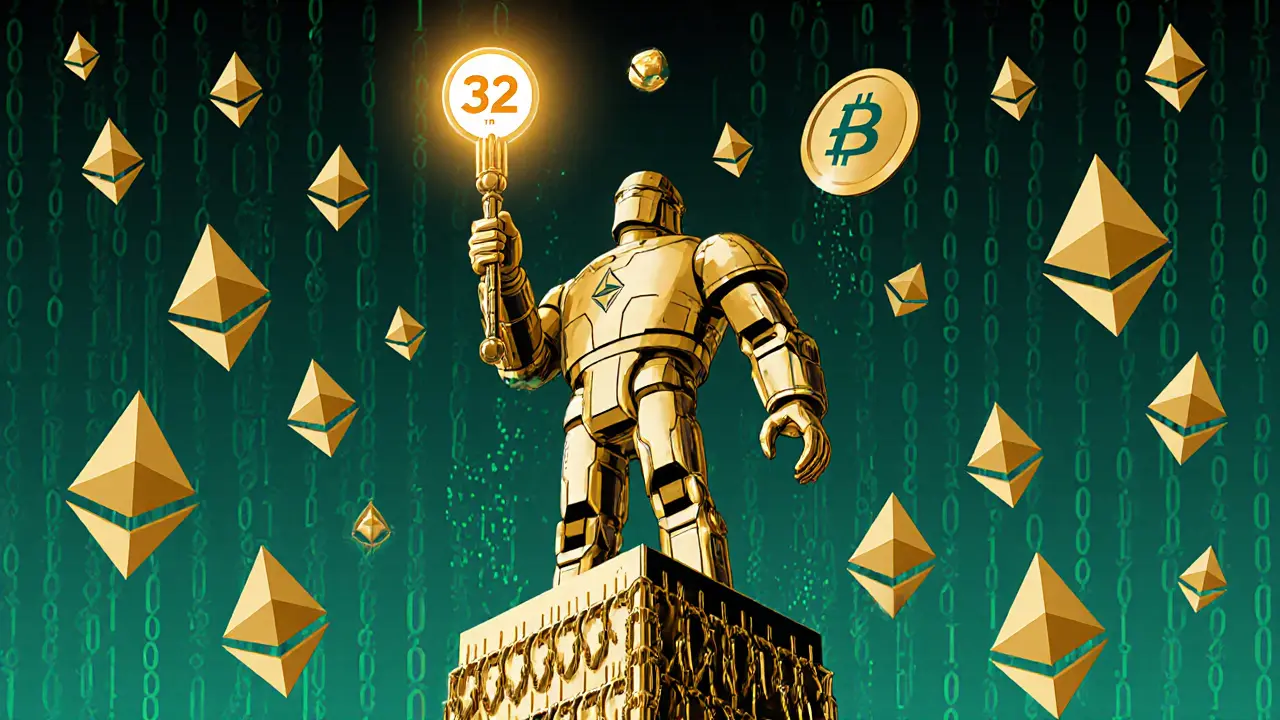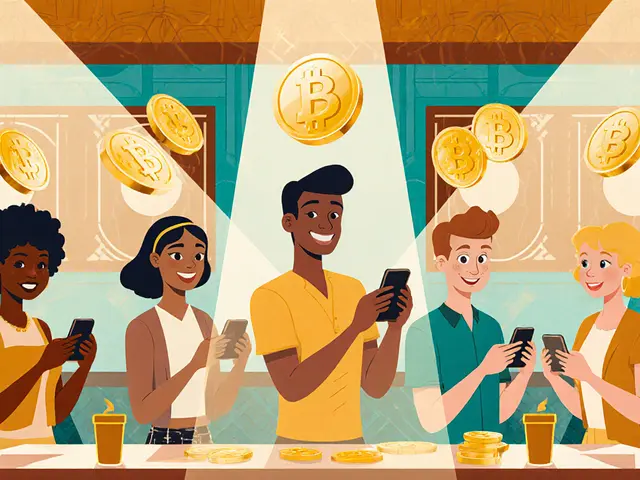Blockchain Security: How Crypto Networks Stay Safe (and When They Don't)
When you send Bitcoin or stake Ethereum, you’re trusting blockchain security, a system of cryptography, consensus rules, and network incentives that prevents fraud and double-spending. Also known as crypto network integrity, it’s what stops someone from stealing your coins just by knowing your wallet address. But blockchain security isn’t magic—it’s code, and code can break.
Take the ByBit hack, a $1.5 billion theft in early 2025 carried out by North Korean hackers using stolen private keys and social engineering. Or the crypto seizure, when governments freeze wallets linked to crime, holding billions in Bitcoin and Ethereum they never sell. These aren’t theoretical risks—they’re real events that changed how exchanges, regulators, and users think about safety. Blockchain security isn’t just about encryption; it’s about human error, insider threats, and regulatory pressure. A smart contract might be flawless, but if the team behind it gets hacked, your funds vanish. A decentralized exchange might have zero downtime, but if its tokenomics are manipulated, your rewards evaporate.
Even the most advanced protocols like Ethereum’s slashing conditions, penalties that destroy staked ETH when validators cheat on the network—a fix for the nothing at stake problem, a flaw in early Proof of Stake systems where validators could support every blockchain fork without penalty—only work if people follow the rules. And in crypto, people often don’t. That’s why exchanges like ZigZag use ZK-Rollups to reduce attack surfaces, why the EU bans non-compliant stablecoins like USDT, and why Nigeria’s underground P2P market thrives despite bans. Blockchain security isn’t a single layer—it’s a chain of trust, and every link can snap.
Below, you’ll find real stories of what went wrong: how hackers stole millions, how regulators seized assets, how scams pretended to be real exchanges, and how users lost everything by trusting the wrong platform. These aren’t warnings—they’re lessons written in lost funds. If you’re holding crypto, you need to know how it’s protected—or how it isn’t.
What Are Validator Nodes in Blockchain? A Clear Guide to How They Secure Networks
Validator nodes are the backbone of modern blockchains like Ethereum and Solana. They verify transactions, create blocks, and secure networks using staked crypto instead of energy-heavy mining. Learn how they work, their risks, and how to join.





